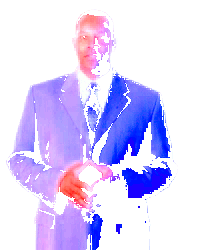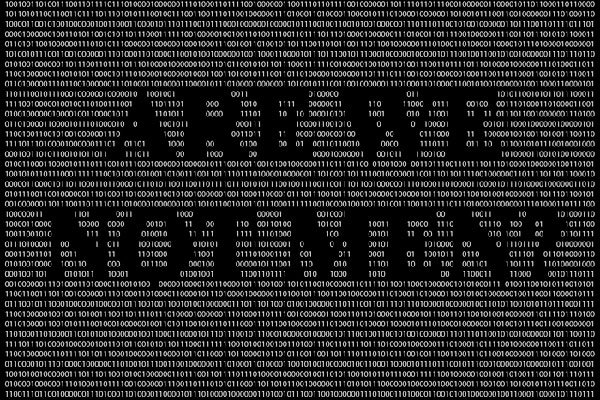Dr Robert E. Park, co-founder of the University of Chicago School of Sociology.
''The positive contributions of Dr Park and those men connected with him are well established. American Negroes have benefited greatly from their research, and some of the most brilliant of Negro scholars have been connected with them. Perhaps the most just charge to be made against them is that of timidity. They have been, in the negative sense, victims of the imposed limitations of bourgeois science. Because certainly, their recent works have moved closer and closer toward the conclusions made by Myrdal. Indeed, without their active participation, An American Dilemma would have been far less effective.
Nevertheless, it was Myrdal who made the most of their findings. Perhaps it took the rise of fascism to free American social science of its timidity. Certainly, it was necessary to clear it of some of the anti-Negro assumptions with which it started.
Dr Robert F. Park was both a greater scientist and, in his attitude toward Negroes, a greater democrat than William Graham Sumner. (It will perhaps pain many to see these names in juxtaposition.) In our world, however, extremes quickly meet. Sumner believed it "the greatest folly of which man can be capable to sit down with a slate and pencil and plan out a new social world," a point of view containing little hope for the underdog. But for all his good works, some of Park’s assumptions were little better.
The Negro, he felt, "has always been interested rather in expression than in action; interested in life itself rather than in its reconstruction or reformation. The Negro is, by natural disposition, neither an intellectual nor an idealist, like the Jew; nor a brooding introspective, like the East Indian; nor a pioneer and frontiersman, like the Anglo-Saxon. He is primarily an artist, loving life for its own sake. His metier is expression rather than action. He is, so to speak, the lady among the races."
Park’s descriptive metaphor is so pregnant with mixed motives as to birth a thousand compromises and indecisions.
Imagine the effect such teachings have had upon Negro students alone!
Thus what started as part of a democratic attitude, ends not only uncomfortably close to the preachings of Sumner, but to those of Dr. Goebbels as well." - from a review of the book 'AnThe Negro problem and Modern Democracy by American Dilemma Gunnar Myrdal' by Ralph Ellison in 1944. Ralph Ellison was the author of the must read book 'Invisible Man'



